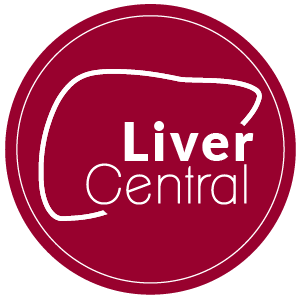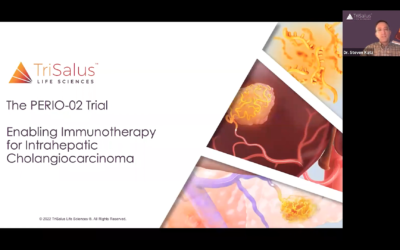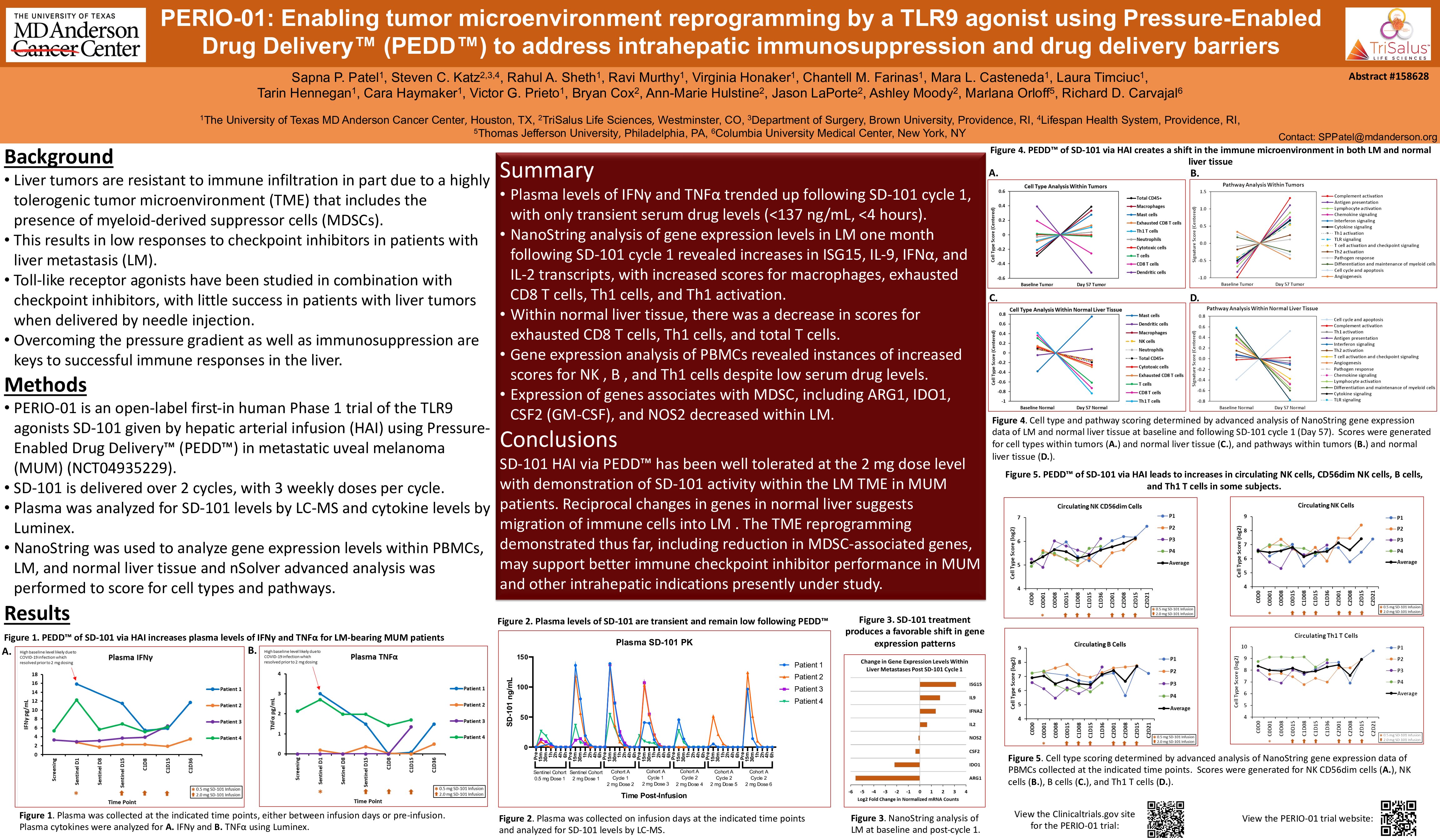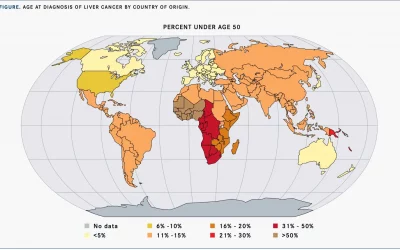Cholangiocarcinoma (CCA) manifests as a complex interplay of genetic and environmental factors, necessitating personalized approaches. This review covers the various causes, risk factors, and molecular aspects of CCA in oncology. It explores current diagnostic methods...
Month: May 2020
IMFINZI® (durvalumab) plus transarterial chemoembolization (TACE) and bevacizumab reduced the risk of disease progression or death by 23% vs. TACE in liver cancer eligible for embolization
Positive results from the EMERALD-1 Phase III trial showed AstraZeneca’s IMFINZI® (durvalumab) in combination with TACE and bevacizumab demonstrated a statistically significant and clinically meaningful improvement in the primary endpoint of progression-free survival...
TriSalus developing novel therapeutic solutions for liver and pancreatic tumors
TriSalus Life Sciences (NASDAQ:TLSI) is addressing the mechanical and biologic barriers, such as high intratumoral pressure, within the tumor microenvironment (TME) that make it challenging to successfully treat liver and pancreatic tumors. Learn...
FDA Approves Merck’s KEYTRUDA® (pembrolizumab) Plus Gemcitabine and Cisplatin as Treatment for Patients With Locally Advanced Unresectable or Metastatic Biliary Tract Cancer
Merck (NYSE: MRK), known as MSD outside of the United States and Canada, announced that the U.S. Food and Drug Administration has approved KEYTRUDA, Merck’s anti-PD-1 therapy, in combination with gemcitabine and cisplatin, for the treatment of patients with locally...
Liver Cancer Awareness Month: Understanding and Treating HCC
Medical experts, Dr. Joan Culpepper-Morgan and Dr. Susanne G. Warner, touch upon treatment advancements for patients presenting with hepatocelluar carcinoma (HCC). In this article, both doctors cover a range of therapies that can be tailored and personalized to the...
Genentech’s Tecentriq Plus Avastin Reduced the Risk of Cancer Returning in People With Certain Types of Adjuvant Liver Cancer in a Phase III Study
In the first-ever positive Phase III trial in the adjuvant hepatocellular carcinoma (HCC) setting, Tecentriq plus Avastin reduced the risk of disease recurrence by 28%. Up to 80% of people with this type of HCC experience disease recurrence, at which point they are...
Genentech’s Tecentriq Plus Avastin Is the First Treatment Combination to Reduce the Risk of Cancer Returning in People With Certain Types of Early-Stage Liver Cancer in a Phase III Trial
Genentech, a member of the Roche Group (SIX: RO, ROG; OTCQX: RHHBY), announced that the Phase III IMbrave050 study met its primary endpoint of recurrence-free survival (RFS) at the prespecified interim analysis. The study is evaluating Tecentriq® (atezolizumab) in...
Webinar: “The PERIO-02 Trial – Enabling Immunotherapy for Intrahepatic Cholangiocarcinoma”
In this webinar, Steven C. Katz, M.D., FACS, Chief Medical Officer at TriSalus Life Sciences, leads a review of the Pressure-Enabled Regional Immuno-Oncology (PERIO-02) clinical trial for adults with intrahepatic cholangiocarcinoma and hepatocellular carcinoma, the...
Early Data from PERIO-01 Presented at Recent Society for Immunotherapy of Cancer (STIC) Workshop
Dr. Sapna Patel from MD Anderson presented early data from the Pressure-Enabled Regional Immuno-Oncology-01 (PERIO-01) clinical trial at SITC’s Tumor Microenvironment: A Holistic Approach Workshop. Early findings suggest Pressure-Enabled Drug Delivery™ enabled SD-101...
A Cure in Sight and the Ocular Melanoma Foundation Collaborate to Host Webinar on PERIO-01 Clinical Trial for Uveal Melanoma with Liver Metastases
A Cure in Sight, in collaboration with the Ocular Melanoma Foundation, hosted an educational webinar on the Pressure-Enabled Regional Immuno-Oncology-01 (PERIO-01) clinical trial for uveal melanoma with liver metastases. This webinar featured insights from Drs....
Achieving Health Equity in Liver Cancer
Primary liver cancer death rates vary by region, and much is still to be done in the area of health equity. Primary liver cancer is a leading cause of cancer-related illness and death worldwide. It is the sixth most-common cancer and the third most-common cause of...
Lenvatinib versus sorafenib for first-line treatment of unresectable hepatocellular carcinoma: patient-reported outcomes from a randomised, open-label, non-inferiority, phase 3 trial
Health related quality of life (HRQOL) for patients undergoing treatment for unresectable hepatocellular carcinoma is an important therapeutic consideration. The evidence of HRQOL benefits in clinically relevant domains support the use of lenvatinib compared with...
Atezolizumab plus Bevacizumab in Unresectable Hepatocellular Carcinoma
Hepatocellular carcinoma is a common cancer worldwide and a leading cause of cancer-related death. Although early-stage disease may be curable by resection, liver transplantation, or ablation, most patients present with unresectable disease and have a poor prognosis....




